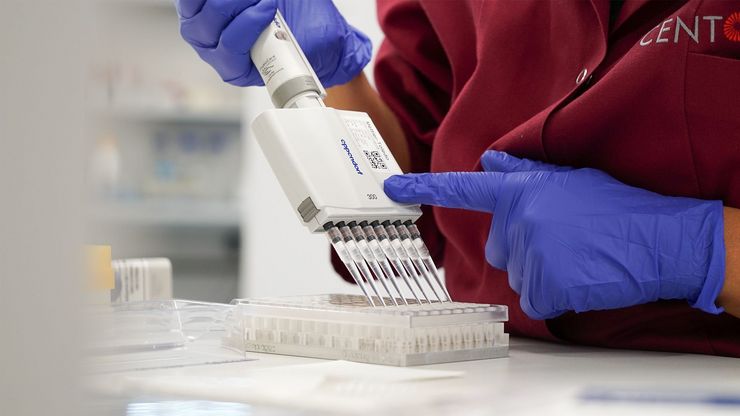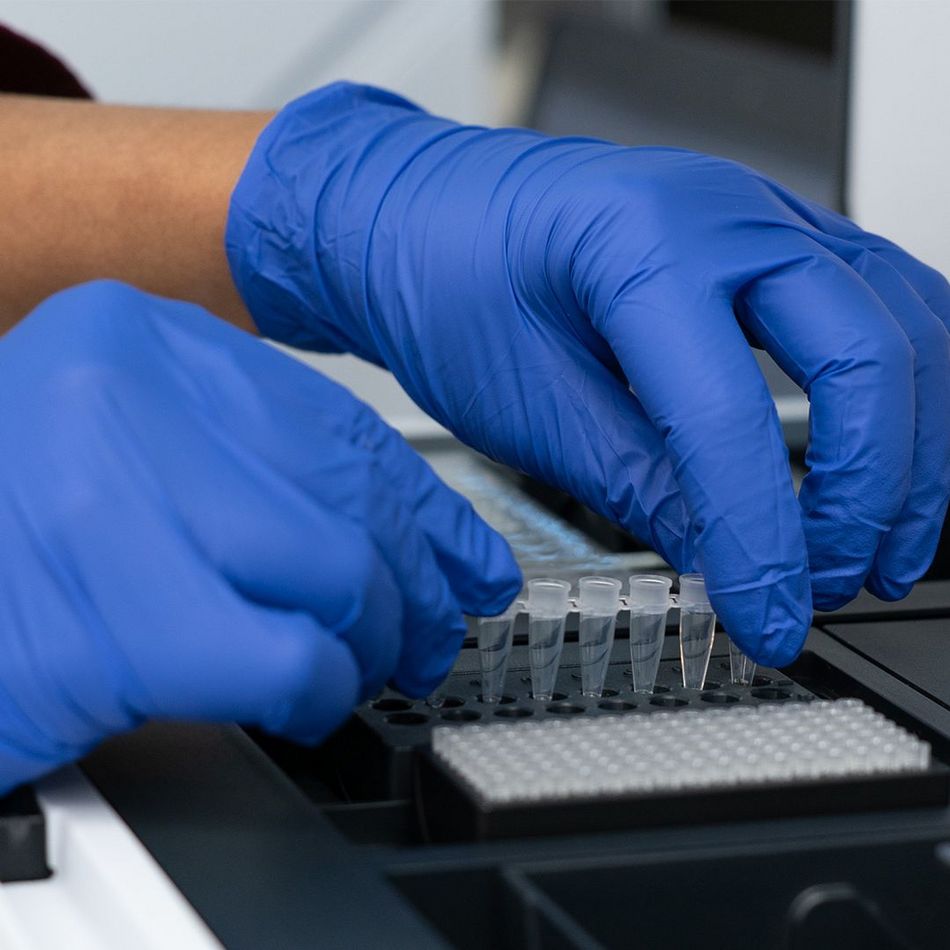Gaucher Disease
Gaucher disease (GD) is among the most prevalent, recessively inherited, lysosomal storage disorders (LSDs). It is caused by a deficiency in the enzyme β-glucocerebrosidase. Deficient enzymatic activity causes glucosylceramide, the enzyme’s substate, to accumulate in cellular lysosomes, most prominently in macrophages. These glycosphingolipid-laden macrophages are called Gaucher cells. They build up in visceral tissues, liver, spleen, and bone marrow. The accumulation causes an array of symptoms, including hepatosplenomegaly and pancytopenia. It also causes bone complications such as non-specific bone pain, bone crises, avascular necrosis, and pathologic fractures.
GD is an autosomal recessive disorder. There are three types of Gaucher disease. Type 1 accounts for almost 90% of all cases and is commonly found among Ashkenazi Jews. Types 2 is characterized by early-onset and is usually fatal by 2 years of age. Type 3 affects the nervous system more severely than Types 1 and 2.
In early symptomatic disease, enzyme replacement therapy (ERT) is the standard of care. ERT improves GD-related symptoms and significantly reduces disease complications. Carrier screening for GD has changed the phenotype of children with GD, with many being asymptomatic or mildly symptomatic at diagnosis.
Glucosylsphingosine (lyso-Gb1), is a downstream metabolic product of glucosylceramide and can be used to monitor treated and untreated GD children.1
Symptoms
- Enlarged spleen
- Enlarged liver
- Eye movement disorders
- Yellow spots in the eyes
- Anemia
- Fatigue
- Bruising
- Lung problems
- Seizures

Pharma
Partners
CENTOGENE is working together with partners to identify lead compounds and drug targets quickly and de-risk orphan drug development.

Clinicians
CentoMetabolic MOx – Panel
For cases of suspected inborn metabolic disorders, CENTOGENE’s CentoMetabolic MOx panel can confirm a suspected diagnosis.

Patients
Genetic Counseling
CENTOGENE only provides genetic testing ordered by a doctor. Results from genetic testing can have a profound impact on your life. We strongly recommend that you seek genetic counseling. Counselors can advise you and your family on whether to take a genetic test. They can also help you understand your genetic test results and their implications.
The following question and answer form can support discussions with your doctor about genetic testing:
Footnotes
1Hurvitz, Noa et al. “Glucosylsphingosine (lyso-Gb1) as a Biomarker for Monitoring Treated and Untreated Children with Gaucher Disease.” International journal of molecular sciences vol. 20,12 3033. 21 Jun. 2019, doi:10.3390/ijms20123033
Get in Touch With Our Customer Support
Our consultation service is available in several languages.
+49 (0) 381 80 113 - 416
Mon. – Fri. 7 a.m. – 6:30 p.m. CET
Sat. 8 a.m. – 12 p.m. CET
